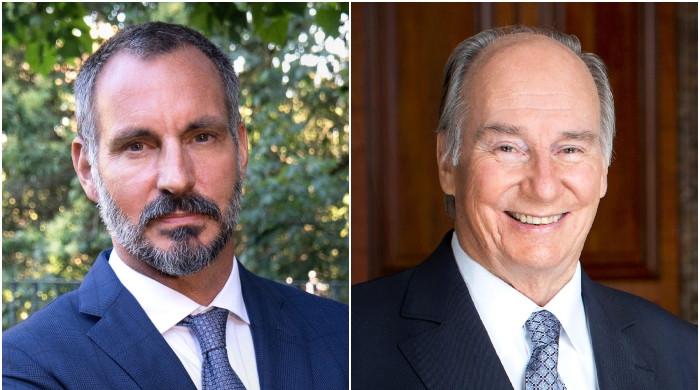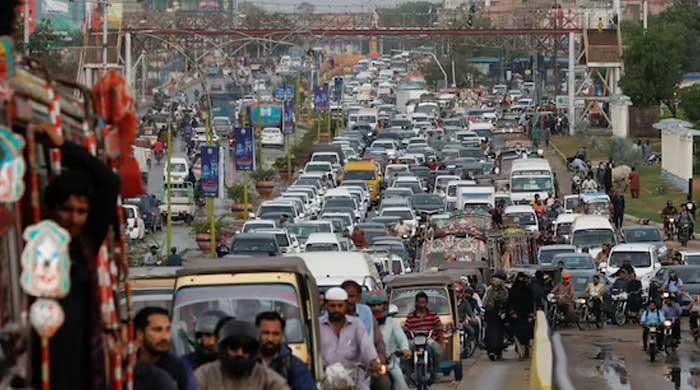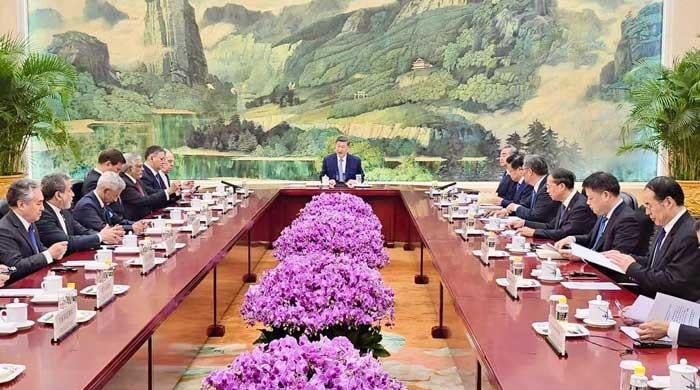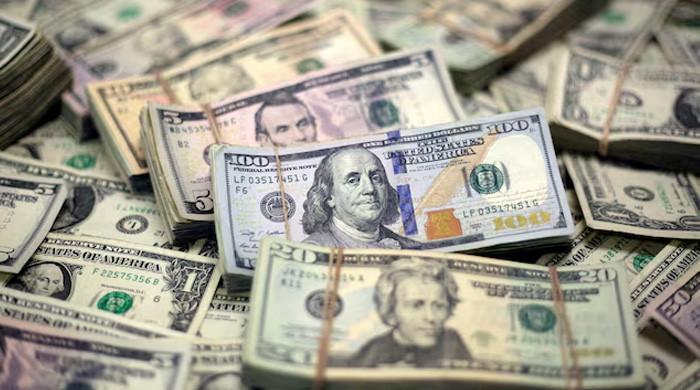Athlete, celebrity, religious figurehead: The many faces of Imran Khan
Over the last few years, Khan has almost seamlessly donned one cloak after another, to the confusion of some and the intrigue of others
May 28, 2022
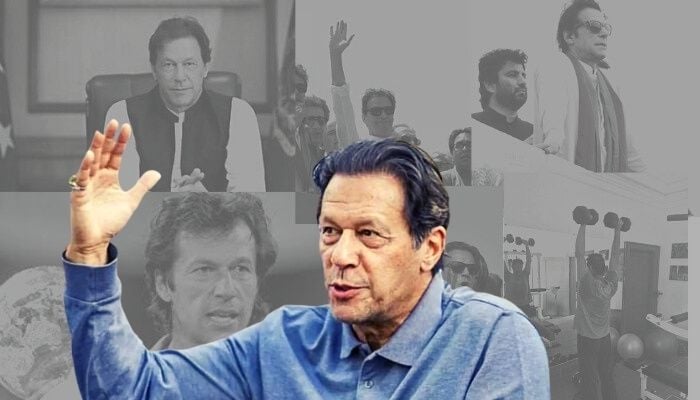
In Pakistan’s history, right-wing politicians and dictators have employed religion for political gains.
The latest to use religious populism, as a political strategy, is Imran Khan, the former prime minister and chairman of his political party Pakistan Tehreek-e-Insaf (PTI).
It is for this distinct reason, say political pundits, that he has a strong, almost cult-like following amongst the country’s middle-class, younger population and elites.
Over the last few years, Khan has almost seamlessly donned one cloak after another, to the confusion of some and the intrigue of others.
What are these roles that he oscillates between?
Imran Khan: The legendary athlete
Khan was the man who won for Pakistan the 1992 cricket world cup.
The victory is imprinted in Pakistanis' collective memory as a miracle made possible by Khan's leadership, who at the time was the captain of the cricket team. To this day, the victory is used by Imran Khan as an example of being able to beat all odds, and by his supporters to make a case for the former prime minister’s competence.
Which is also why his followers use the terms “captain” and “skipper” to refer to him on social media and in public.
Imran Khan: The celebrity
With the 1992 victory came the media spotlight that turned Khan into an international sensation in the 90s.
Even today, photographs of a younger Imran Khan are shared online by the PTI social media team or those who are intrigued by his stardom. Not only that, comparisons are made between Khan, who is known to work-out every day, and his ageing political rivals.
His star-power from back in the day may also be a reason why a large number of Pakistani celebrities support him and are regulars to his political rallies.
His image is printed on badges, flags, clothing and even pop-art. Wearing something with Imran Khan's face on it is considered a political statement against the status quo.
Imran Khan: The anti-West campaigner
Just before being removed from power in April, Khan took on a new persona: the anti-West campaigner, which is a split from his Western past.
Many Pakistanis feel that resisting the "Western" way of life makes them more patriotic, that is why in public speeches Khan draws a line between a “western of way of life” and an “eastern way of life”. To further this, he can often be heard deriding western movies, western morals and those who speak in English.
He also frequently talks about Pakistan still being a "victim" of the "colonial mindset”.
Imran Khan: The religious figurehead
Earlier on in his political career, Khan shed his playboy image and became well-known as a philanthropist, after setting up a hospital for cancer patients in Lahore, the first of its kind.
More lately, he has taken on the role of a reformed, religious man. Often in interviews, Khan reminds his viewers that he did not enter politics for popularity, money or power. On the contrary, he fought elections to rid the country of the "corrupt elite" politicians.
The PTI chairman also says that he is a “sacha Ashiq e Rasool” (true lover of the Prophet (PBUH) and draws inspiration from the work of pan-Islamic thinkers. In almost every speech he promises to lay the foundation of a Riyasat-i-Madina.
Imran Khan: The educator
During his tenure as prime minister from 2018 to 2022, Imran Khan rolled out the Single National Curriculum (SNC), aimed at developing one curriculum for public and private schools.
The new curriculum was imbued with religious content and showed only women, and rarely men, in eastern attire. For this reason, it comes under criticism by religious minorities and women's rights activists.
For many educationalists, with the SNC, Khan was trying to instil his own views on religion, women and the West in young children.
Imran Khan: The media regulator
After Khan came to power in 2018, the Pakistan Electronic Media Regulatory Authority began to frequently and openly target media outlets, which were critical of his governance.
During the Khan’s administration, factual reporting was portrayed as an “anti-state”, by his social media team, and journalists were often labelled as “fake news”.
Khan's government also established the Citizens Protection (Against Online Harm) Rules, 2020, which allowed the government to order Google, YouTube, and other online platforms to restrict or remove content.
As a result, an international media watchdog's report listed Imran Khan as one of the “predator” of press freedom.




